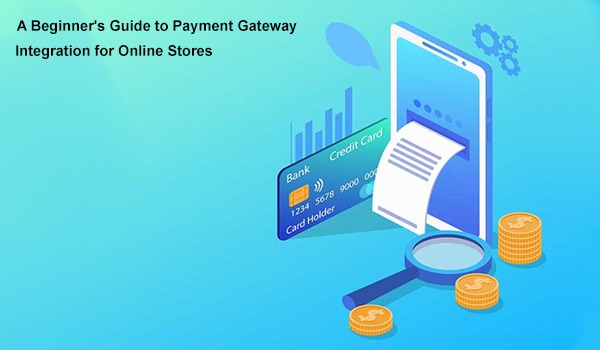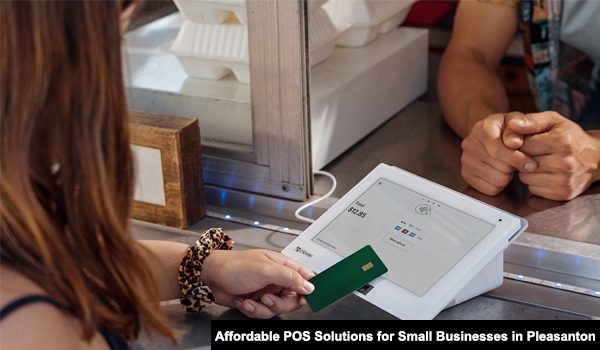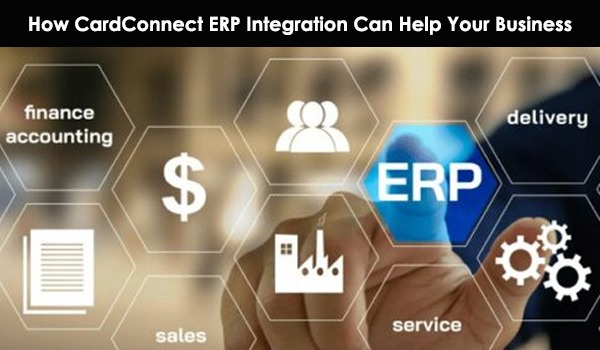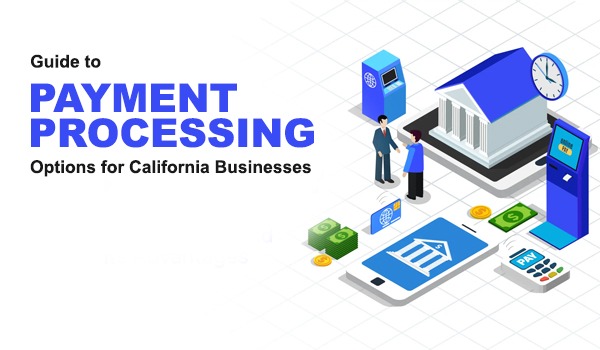
Introduction
For businesses in California, selecting the right merchant account provider is a crucial decision that can impact your financial operations and customer payment experience. A merchant account allows your business to accept various payment methods, including credit and debit cards, and integrates with your point-of-sale (POS) system or e-commerce platform. With numerous providers in the market, each offering different features, fees, and services, choosing the right one can be overwhelming. This guide will help you navigate the landscape of merchant account providers in California, comparing the key players to help you make an informed decision.
What is a Merchant Account?
Definition and Purpose
A merchant account is a type of business bank account that allows a business to accept payments by credit and debit cards. When a customer makes a purchase using a card, the funds are temporarily held in the merchant account before being transferred to the business’s primary bank account. Merchant accounts facilitate secure and efficient transactions, ensuring that payments are processed quickly and accurately.
Key Components
- Payment Gateway: A service that processes the payment transaction, often integrated with your e-commerce site or POS system.
- Processor: The company that handles the transaction processing and ensures the funds are transferred from the customer’s account to the merchant’s account.
- Acquirer: The bank or financial institution that manages the merchant account and interacts with the payment processors.
Key Considerations for Selecting a Merchant Account Provider
When comparing merchant account providers, consider the following factors:
Fees and Pricing Structure
Different providers have various fee structures, including:
- Transaction Fees: A percentage of each transaction plus a flat fee per transaction.
- Monthly Fees: Ongoing fees for maintaining the merchant account.
- Setup Fees: One-time charges for account establishment.
- Chargeback Fees: Costs associated with customer disputes over transactions.
Contract Terms
Review the terms of the contract, including:
- Length of Contract: The duration for which you are committed to the provider.
- Early Termination Fees: Fees for terminating the contract before the end of the term.
- Cancellation Policy: Conditions under which you can cancel the service.
Customer Support
Evaluate the quality of customer support available, including:
- Availability: Whether support is available 24/7 or during business hours.
- Channels: Availability of support via phone, email, or live chat.
- Response Time: The speed at which the provider addresses support inquiries.
Integration and Compatibility
Ensure the provider’s services integrate seamlessly with your existing systems:
- POS Systems: Compatibility with your in-store payment processing setup.
- E-commerce Platforms: Integration with online shopping carts and websites.
- Accounting Software: Integration with accounting systems for easier reconciliation.
Security
Choose providers that emphasize robust security measures, including:
- PCI Compliance: Adherence to Payment Card Industry Data Security Standards (PCI DSS).
- Fraud Protection: Tools and features to detect and prevent fraudulent transactions.
- Data Encryption: Secure encryption methods to protect transaction data.
Flexibility and Scalability
Select a provider that can support your business's growth:
- Scalability: Ability to handle increasing transaction volumes as your business expands.
- Flexibility: Options to adjust services and features as needed.
Top Merchant Account Providers in California
Here is a comparison of some prominent merchant account providers in California:
Square
Overview: Square is known for its straightforward pricing and user-friendly interface. It is ideal for small to medium-sized businesses looking for an all-in-one payment solution.
Pros
- No monthly fees or long-term contracts.
- Easy to set up and use.
- Integrated POS and e-commerce solutions.
Cons
- Higher transaction fees compared to some competitors.
- Limited advanced features for larger businesses.
Best For: Small businesses and startups looking for a cost-effective and easy-to-use solution.
PayPal
Overview: PayPal is a widely recognized name in online payments and offers merchant account services that integrate with its existing platform.
Pros
- Familiar and trusted by consumers.
- Easy integration with online stores.
- No monthly fees or setup fees.
Cons
- Higher transaction fees for online payments.
- Limited customer support options.
Best For: E-commerce businesses and online retailers seeking a simple integration with a trusted payment platform.
Authorize.Net
Overview: Authorize.Net, a subsidiary of Visa, offers comprehensive payment processing solutions suitable for various types of businesses.
Pros
- A wide array of features and customization possibilities.
- Reliable customer support and fraud protection tools.
- Integration with multiple POS systems and e-commerce platforms.
Cons
- Monthly and setup fees can add up.
- Complex pricing structure.
Best For: Medium to large businesses needing advanced features and customization.
Stripe
Overview: Stripe is a popular choice for online businesses and startups, offering a range of developer-friendly tools and features.
Pros
- Developer-friendly with extensive API and customization options.
- No monthly or setup fees.
- Advanced fraud prevention tools.
Cons
- Requires technical expertise for setup and customization.
- Limited support for physical retail locations.
Best For: Online businesses and tech-savvy startups needing flexible and customizable payment solutions.
Worldpay
Overview: Worldpay, now part of FIS, is a global payment provider offering a range of solutions for both online and in-person transactions.
Pros
- Comprehensive range of payment solutions.
- Global reach with support for multiple currencies.
- Strong fraud protection tools.
Cons
- Pricing can be complex and varies based on the contract.
- Potentially higher costs for smaller businesses.
Best For: Businesses with international operations or those needing a broad range of payment options.
Making the Right Choice
When choosing a merchant account provider in California, follow these steps to ensure you select the best fit for your business:
Evaluate Your Business Needs
Assess your business’s specific needs, including transaction volume, payment methods, and integration requirements. This will help you identify which features and pricing structures are most relevant.
Compare Providers
Use the factors outlined above to compare different providers. Consider both the cost and the value provided by each option, including features, support, and security.
Read Reviews and Seek Recommendations
Research customer reviews and seek recommendations from other businesses in your industry. This can provide insights into the reliability and customer service of each provider.
Request Demos and Trials
Take advantage of free trials or demos offered by merchant account providers. This will allow you to test the system and ensure it meets your needs before committing.
Review the Contract Carefully
Carefully review the contract terms, including fees, contract length, and cancellation policies. Ensure you understand all costs and terms before signing.
Conclusion
Selecting the right merchant account provider is a critical decision that can impact your business’s financial operations and customer experience. By understanding the key factors to consider, comparing top providers, and making an informed choice, you can find a solution that aligns with your business needs and goals. Whether you’re a small retailer in California or a large e-commerce business, choosing the right merchant account provider will help you streamline payment processing, enhance customer satisfaction, and drive business growth.









